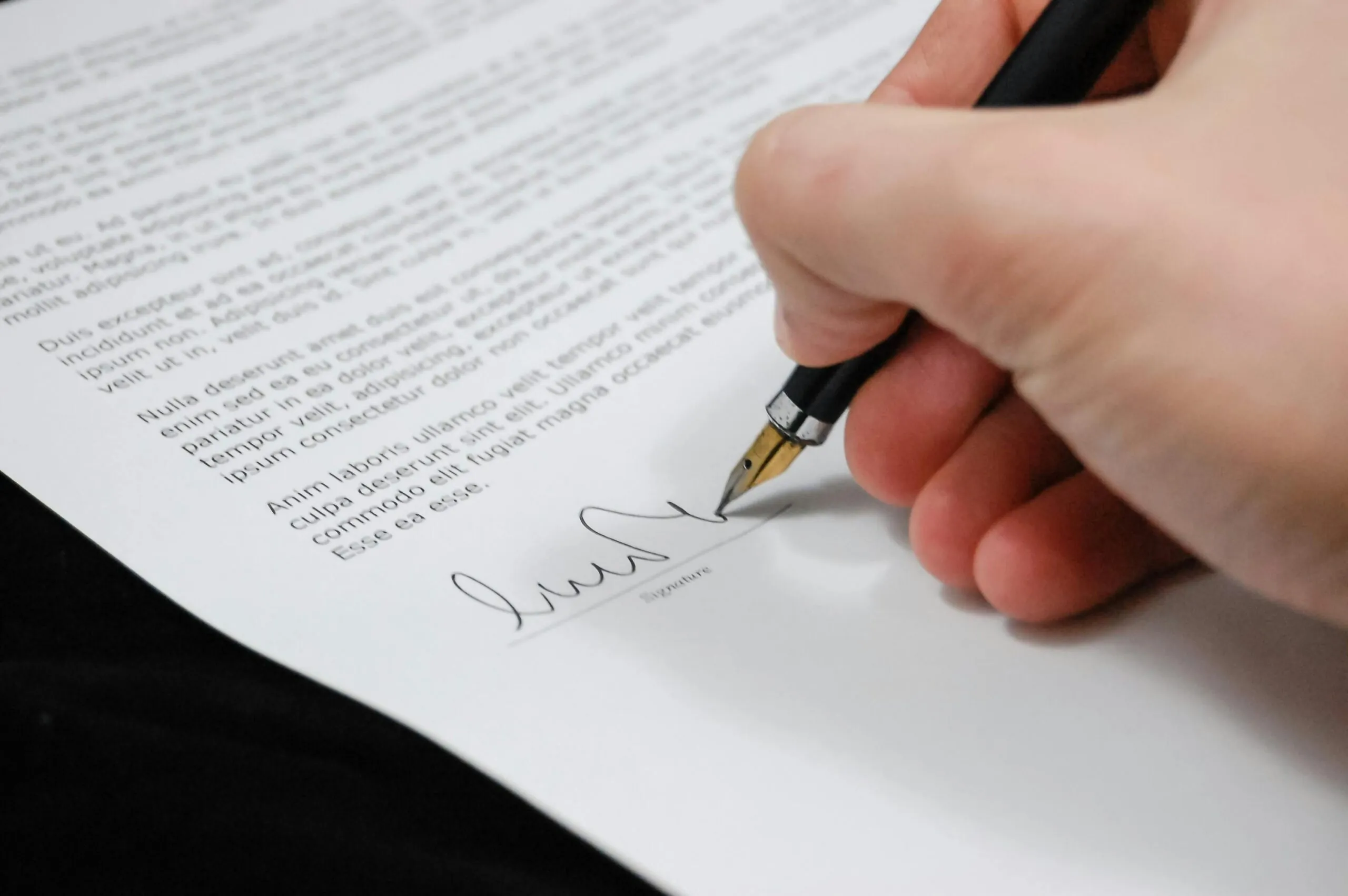A last will and testament is a legal document that lays out how a person’s assets should be distributed after their passing. In simple terms, it’s a way to ensure that your wishes for your belongings are followed when you’re no longer here.
When someone passes away, their assets typically go towards covering funeral expenses and court fees. If there are any debts left behind, the executor of the estate uses the assets to settle them. But what happens to the rest of their property? That’s where a last will and testament comes in handy. It provides guidance to your loved ones on how to handle your remaining assets.
Benefits of Creating a Last Will and Testament
Creating a will offers numerous advantages and peace of mind. It allows you to have control over how your property is divided after you’re gone, ensuring that your wishes are carried out. Moreover, having a will simplifies the process for your loved ones, making it less expensive and quicker to distribute your assets. Without a will, your belongings would be distributed according to your state’s “intestacy” laws, which may not align with your preferences.
Types of Wills:
There are several types of wills to consider:
- Simple Will: This is a straightforward document that lists your assets and beneficiaries. It’s easy to create, and you can even do it yourself online.
- Living Will: Unlike a simple will, a living will doesn’t deal with assets. Instead, it provides instructions for medical care and end-of-life decisions.
- Joint Will: This type of will, once common among spouses, grants all assets to the surviving spouse. However, it’s less popular now due to restrictions on changing terms after one spouse passes away.
- Testamentary Trust: This will creates a trust that comes into effect after your passing. It’s often used to provide long-term support for minor children.
- Holographic Will: Recognized in some states, this will must be handwritten and signed by the testator. It’s commonly contested due to the potential for errors or fraud.
Let’s address a common concern. Why bother with a will? Isn’t it just a pile of complex paperwork? While creating a will does involve paperwork, its significance goes far beyond that. Your will grants you the opportunity to dictate what happens to your belongings after you’re gone. Without one, the state steps in, potentially distributing your assets in a manner that doesn’t align with your wishes. Additionally, having a will simplifies matters for your loved ones during a challenging period.
However, creating a will entails more than merely listing your assets and beneficiaries. It involves considering critical aspects such as appointing an executor, determining asset distribution, and accounting for potential changes in the future.
How do we go about crafting a legally sound will that safeguards your intentions and assets?
Let’s break it down:
- Compile Your Assets: Begin by cataloging all your possessions, from properties to personal belongings. This inventory serves as the foundation of your will.
- Select Your Executor: Designate a trusted individual to oversee the execution of your will. Choose someone reliable who can handle the responsibilities effectively.
- Determine Beneficiaries and Assets: Clearly outline who will inherit what from your estate. Whether it’s family members, friends, or charitable organizations, ensure your intentions are clearly stated.
- Formalize the Document: Transfer your wishes onto paper using legally recognized formats. Utilize online templates or seek professional assistance to draft a clear and concise will.
- Authentication: Sign the document in the presence of two witnesses who are impartial to its contents. This step validates your will’s authenticity and ensures its enforceability.
- Safekeeping: Store your will in a secure location, such as a safe deposit box or with your legal advisor. Inform your loved ones of their whereabouts for accessibility when needed.
By proactively planning and documenting your wishes, you’re providing yourself and your loved ones with peace of mind for the future. So, take a moment to reflect on your estate planning needs, and embark on this journey with confidence. Your foresight and preparation will serve as a beacon of stability during uncertain times. Here’s to securing your legacy and ensuring your wishes are honored.
Mitchell C. Beinhaker, Esq. is a business lawyer and estates attorney who runs a solo legal & consulting practice representing business owners, entrepreneurs, executives, and professionals. Through his 30+ years of experience, Mitchell has handled business development, marketing, firm management, along with business transactional work for clients of the firm. He has extensive experience with corporate governance, commercial transactions, real estate, and risk analysis. Using his years of practical experience, he drafts contracts, negotiates purchases, and can manage outside counsel for any corporate situation. For business owners and executives, he creates and implements estate plans, along with succession plans to help companies continue for future generations. To learn more about Mitchell and his practice, visit beinhakerlaw.com.


